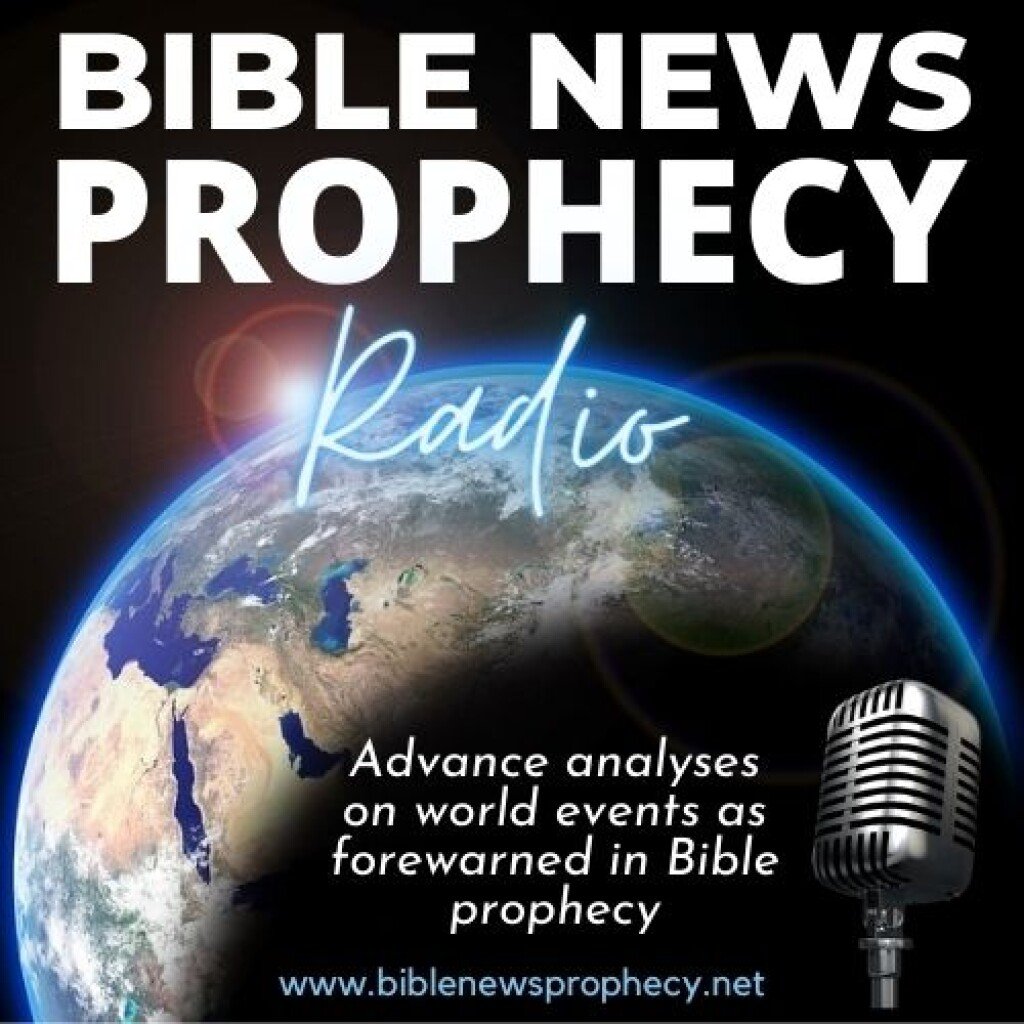Louis Rubin discusses serving and helping out the CCOG. He asks if you will be a laborer for the harvest? He discusses roles and ways men and women have been assisting the end time work. He asks if men and women have the same spiritual potential. …
Pornography, Jesus, and the Bible
Is pornography harmless fun or is it an ever present evil in modern society? Does the Bible teach anything about it? What about Jesus? Just what is pornography? Does it have spiritual ramifications beyond the seventh commandment? Did the Apostle Paul teach about fleeing sexual immorality and dressing modestly? Does pornography violate the 'golden rule'? What steps have the US Supreme Court and the State of Utah taken? What is the difference between hard-core and soft-core pornography? …
Early Heresies and Heretics
The New Testament warns against false leaders and teachings. Yet, apostate leaders arose teaching numerous heresies. What were some of the beliefs that original Christians held that heretics changed? Were there doctrines associated with Simon Magus that many who profess Christianity now accept? What happened because of Emperor Hadrian and Marcus of Jerusalem? Was Ignatius involved with the so-called "Parting of the Ways'? Are there …
Believe Jesus: Obey and Build Character
Christians are to believe in Jesus, repent, be baptized, and receive God's Holy Spirit (Acts 2:38-39). Does the New Testament teach that one must OBEY in order to receive the Holy Spirit (Acts 5:32)? Obey what? What is sin? What about the Ten Commandments and early Christians? What about going on to perfection? What about building character? Why should Christians build character? What is God's plan …
1 & 2 Thessalonians
The letters/epistles of the Apostle Paul to the Thessalonians were written in around 51 A.D. In this sermon, Dr. Thiel goes over each and every verse in First Thessalonians and Second Thessalonians. He goes over them being followers of Jesus who were imitators of the Churches of God in Judea, the fact that they had persecutions and difficulties, and that they were considered fine Christian examples to the Christian brethren in places like Macedonia. Love, hope, faith, and exhortation are discussed. …
Pentecost: Is It Just Acts 2?
Sardis: SDBs, SDAs, & CG7s
This is the second part of a two-part sermon series on the Sardis era of the Church of God (Revelation 3:1-15). This sermon covers not only COG doctrines held by that era, but opposing views that the Seventh Day Baptists hold. Dr. Thiel pointed out that although the SDBs are trinitarian, most who they claim were affiliated with them in and before 1811 were not. He mentions that the SDBs and SDAs are Protestant, but that the Continuing Church of God is not. He also points out …
Sardis Church Era: Beginnings, Doctrines, and Leaders
The Bible tells of 7 churches in the first three chapters of the Book of Revelation. Sardis is the fifth. It rose to prominence in the late 16th or early 17th centuries. Early Church of God leaders looked to include John Traske, John Pecke, Peter Chamberlen, John James, William Saller, Henry Soursby, possibly John Maulden, and Thomas Lucas, all of whom seemed to have some connection to the Mill Yard church in London. …
Book of Esther
The Book of Esther comes from the 5th century B.C. It involves King Ahasuerus (also known as Xerxes) who ruled 127 provinces of the Med-Persian empire, which ran from Ethiopia to India. It tells of a plot by Haman the Agagite to kill the Jews of all those provinces, because he was upset the the Benjaminite Mordecai the Jew, would not bow down to honor him. It tells of the banishment of Queen Vashti and her being replaced by a young woman named Esther (Hadassah). Esther was an orphan raised …
Tradition, Holy Days, Salvation, Dress, & Celibacy
This sermon is part of a series on the beliefs of the original catholic church. What does the Bible teach regarding the word of God and tradition? Is that consistent with what early Christian leaders like Polycarp and Melito taught? Did Irenaeus warn that some claimed scriptures were not clear enough, and instead tradition should be followed? Did early Christians keep the biblical holy days that many now consider to be Jewish? What about Passover, the Days of Unleavened Bread, Pentecost, Trumpets, Atonement, Tabernacles, and the Great Day …

